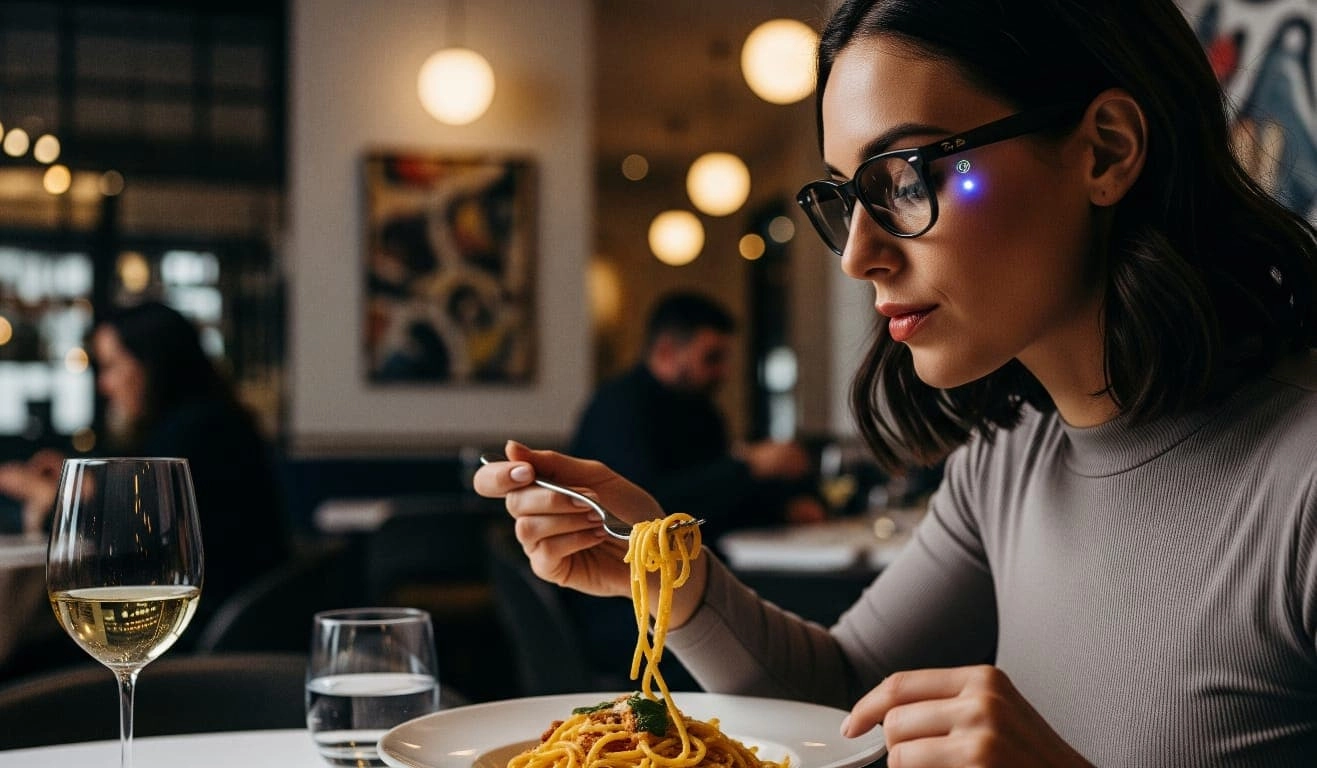A food influencer has recently come under fire for using Meta’s augmented reality glasses to film restaurant servers without their consent while masking their own identity. This incident has sparked a significant backlash on social media, as many users feel that the influencer’s actions represent an invasion of privacy. The use of such technology in public spaces raises ethical concerns, particularly regarding consent and the treatment of service industry workers. Critics argue that influencers have a responsibility to respect the boundaries of those they interact with, especially in environments where individuals are simply performing their jobs.
The influencer’s decision to conceal their identity while filming has only intensified the criticism. Many have pointed out that this behavior not only undermines the trust between content creators and their audience but also objectifies the employees being filmed. The backlash highlights a broader dialogue about the ethics of content creation in the digital age. As influencers increasingly utilize advanced technology to capture moments, the question arises: at what cost does this come to the individuals who are often the subject of their content? Critics emphasize that the essence of hospitality and service should not be exploited for entertainment or personal gain.
Furthermore, this controversy underscores the need for clearer guidelines regarding the use of technology in public spaces, especially in the context of social media and influencer culture. As the line between personal and public life blurs, it becomes increasingly important for influencers to consider the implications of their actions on those around them. Many social media users have called for greater accountability from influencers, urging them to adopt more ethical practices when creating content. Ultimately, this incident serves as a reminder of the responsibilities that come with a platform, as well as the necessity for influencers to engage with their environments respectfully and ethically.




